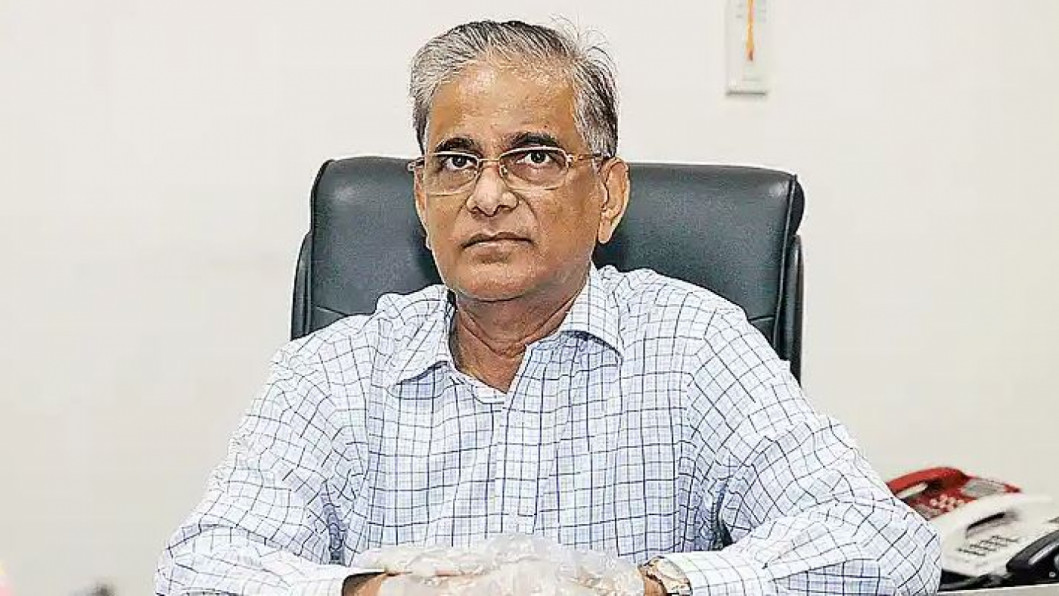
DHAKA, Oct 4, 2022 (BSS) - State Minister for Planning Dr Shamsul Alam today urged the major global carbon emitters to meet their mitigation targets aiming to help address the adverse impacts of climate change.
"This is high time the major emitters met the mitigations target swiftly," he told the inaugural session of a seminar here.
Bangladesh Institute of International and Strategic Studies (BIISS) organised the hybrid seminar on "Climate Diplomacy: Constraints and Choices for Bangladesh" at its auditorium.
Speaking as the chief guest, Shamsul said Bangladesh is a significant player in global climate diplomacy.
"During the presidency of CVF (Climate Vulnerable Forum), Bangladesh emerged as a legitimate voice in the climate change negotiations under the skilled leadership of Hon'ble Prime Minister Sheikh Hasina," he said.
The state minister said the country has launched the "Mujib Climate Prosperity Plan" with the aim to put her on a journey from climate vulnerability to resilience to climate prosperity.
It is indeed one of the landmark policy guidelines for climate vulnerable countries, he said, adding that Bangladesh firmly believes that climate change is a security issue and it must be discussed at a regular interval at the United Nations Security Council (UNSC).
Shamsul said the strict implementation of Paris Agreement is necessary to reduce the adverse impacts of climate change.
Besides, he said, the issue of loss and damage must be addressed with utmost importance.
Saleemul Huq, Director of International Centre for Climate Change and Development (ICCCAD), said: "We need to understand and take into account that the COP, which only takes place once a year, is no longer the only place where climate diplomacy occurs.
Indeed, he said, every diplomat in Bangladesh embassies across the world now needs to make efforts to tackle climate change as a core issue of bilateral discussion.
BIISS Chairman Ambassador Kazi Imtiaz Hossain said climate diplomacy has become a necessity.
"Like many other countries, Bangladesh is also enhancing endeavours in this field," he said.
For example, at national levels, the 8th Five Year Plan, the Perspective Plan to 2040, and the BDP 2100-all incorporate addressing climate change issues as a key priority, the BIISS chairman said.
However, he said, there still remains much to do at regional and global levels for Bangladesh.
In his welcome address, Acting Director General of BIISS Colonel MA Saadi said both human actions and inactions are creating planetary crises like climate change, biodiversity loss and pollution.
Bangladesh, as one of the most climate vulnerable countries, is actively pursuing the cause of environmental justice in international forums, he said.
Moreover, Saadi said, the country has led the Climate Vulnerable Forum (CVF) and has been an exemplary model by translating its vulnerability into resilience through different climate actions and diplomatic efforts.
He said the fundamental bases of Bangladesh's climate diplomacy are: adhering to multilateralism in climate policy, accelerating domestic action and raising global ambition, and enhancing international climate cooperation through advocacy and outreach.
The working session of the seminar was chaired by former Foreign Secretary Ambassador Shamsher M Chowdhury.
Four presentations were deliberated in the working session. Professor Mizan R Khan, Deputy Director, ICCCAD, made a presentation on "Financing for Loss and Damage: Concerns for Bangladesh", while Arif M Faisal, Programme Specialist (Nature, Climate and Energy), UNDP Bangladesh, on "Role of International Organization in Climate Diplomacy".
Mirza Shawkat Ali, Director, Climate Change and International Convention, Department of Environment, made a presentation on "Major Outcomes of COP 26 and Issues of COP 27: Bangladesh Perspective" while Dr Sufia Khanom, Senior Research Fellow, BIISS, on "Bangladesh Leadership in Climate Change Negotiations: An Assessment".